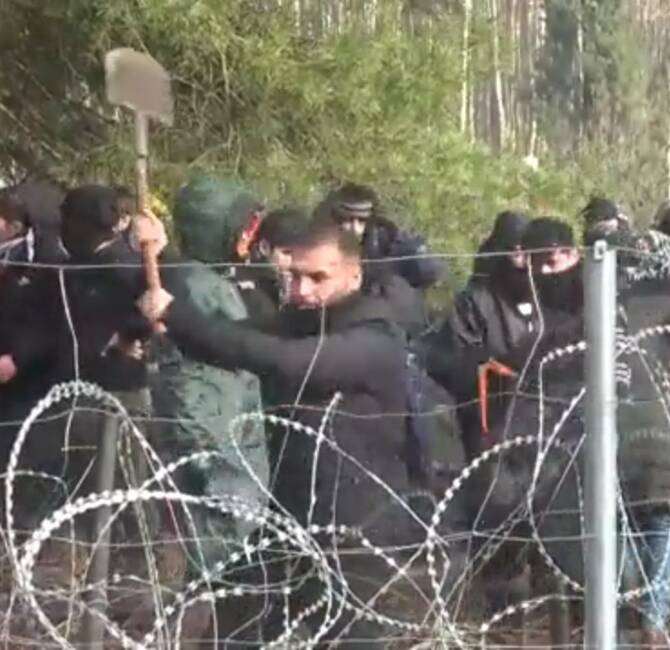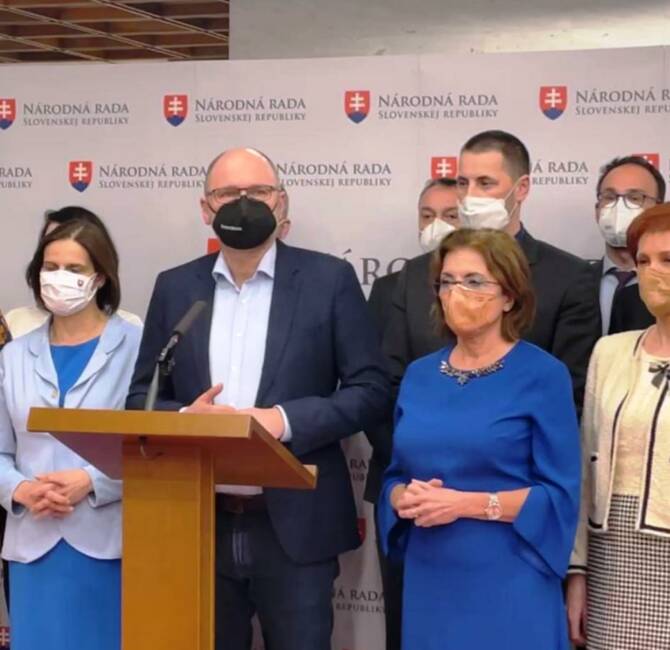Poland – On July 31 and August 1, Poland commemorated the 79th anniversary of the outbreak of the Warsaw Uprising against German occupation during the Second World War. Among other events, a ceremony was held in Krasińskich Square in Warsaw, where Polish President Andrzej Duda gave a speech in which he saluted the Polish resistance’s heroes:
#NaŻywo: Apel Pamięci przy Pomniku Powstania Warszawskiego [Sygnał udostępniony przez TVP INFO] https://t.co/dm37HXGJsj
— Kancelaria Prezydenta (@prezydentpl) July 31, 2023
“The Warsaw Uprising, this extraordinary military action that was unique in the whole of the Second World War (…) is for us today (…) not only an extremely important event in history, but also an extremely important lesson
about how we should take care of our homeland so that it can endure and survive.
(…) The insurgents fought for principles, to regain a free and independent homeland. This free Poland was worth taking on the Tiger tanks with light weapons for. After all, they knew they were heading for certain death, and yet it was worth it. ”
Echoing the current international context, President Duda drew a strong connection with the current Russian aggression against Ukraine as, in his view, it shows that the danger for Poland still exists and is very real: “I am saying this as I am standing in front of our heroes, the Warsaw Insurgents (…).
I have no doubt that they expect us to be able to build a Poland that won’t have to defend itself, because it will be so strong that no one will dare attack it.
To be so strong that we don’t have to fight, that is our major task (…) I have confidence in the younger generation. Sometimes we are afraid that the young are weak (…), that they cannot cope. (…) I am convinced that the younger generation will be up to the task, and in fact I have no doubts about that.”
Earlier in the day, Mr. Duda had met with veterans of the Warsaw Uprising in the Freedom Park of the Warsaw Uprising Museum.
Other celebrations also took place in other parts of the Polish capital, including – despite the rain – in Piłsudski Square and at the Warsaw Insurgents Cemetery.
Photo: Grzegorz Jakubowski / KPRP
On August 1 at 5:00 pm, as every year, the country’s sirens sounded, and the whole country came to a standstill for a minute’s silence. Pedestrians, motorists, public transport… Many in Poland stood still for a minute’s commemoration of the Warsaw Uprising’s heroes before singing the national anthem.
Launched at 5:00 pm on August 1, 1944, the Warsaw Uprising was the largest uprising against German occupiers anywhere during the Second World War. With this insurrection, the Polish Home Army intended to take control of the Polish capital and welcome the Red Army as representatives of the government-in-exile in London, but contrary to expectations, the Red Army halted its advance and waited on the other side of the Vistula for the Germans to crush all Polish resistance. The fighting lasted two months, with some 16,000 Polish fighters killed and 20,000 injured. German repression also targeted civilians, with mass killings and bombings claiming between 150,000 and 200,000 victims among Warsaw’s civilian population. By the end of the fighting, most of the Polish capital had been destroyed.




